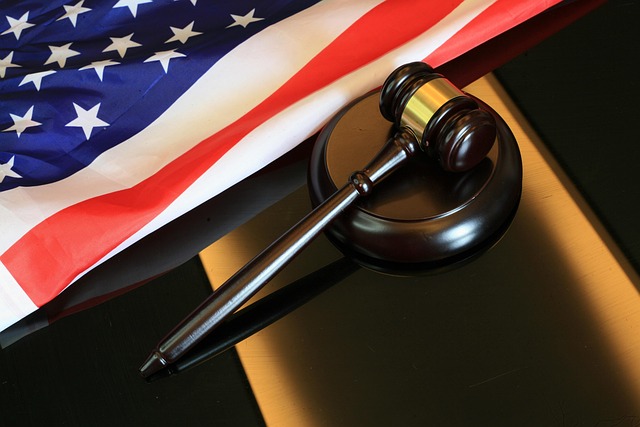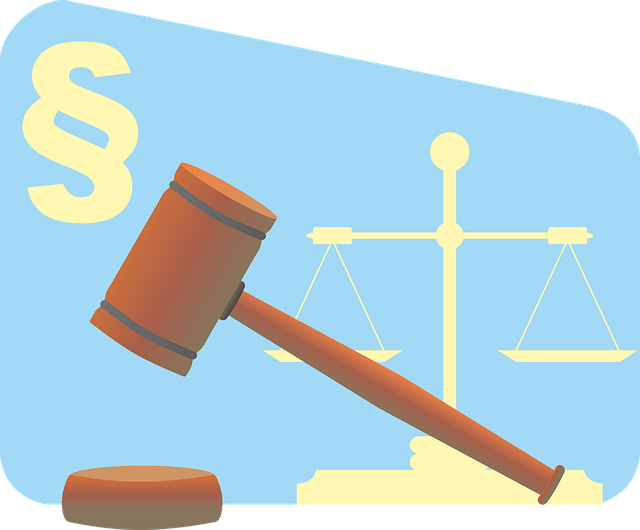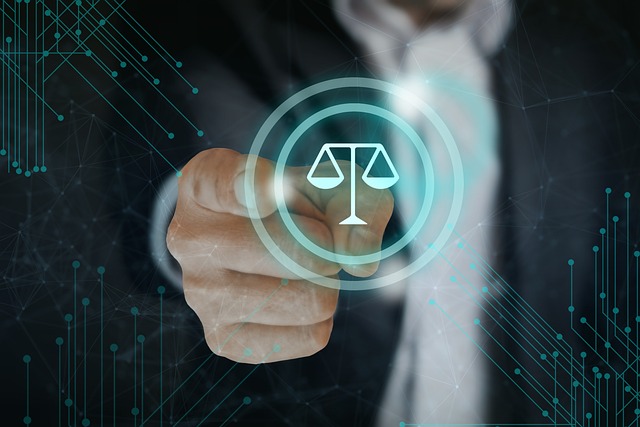Criminal appeals balance justice with legal fairness, allowing defendants to challenge verdicts based on procedural errors, inadequate representation, evidence admission issues, and constitutional violations. Individuals can seek conviction reversals, reduced sentences, or exoneration by presenting new evidence or arguing unfair prejudice. Skilled attorneys navigate legal complexities, ensuring procedural correctness and strategic evidence review for a robust appeal process, while higher courts check lower court decisions to maintain fair justice application across jurisdictions.
“Explore the intricate world of criminal appeals and uncover the various litigation types that shape legal outcomes. This comprehensive guide delves into the critical aspects of understanding criminal appeals, including foundational legal basics. Learn about common grounds for revising convictions, procedural errors, evidence review, and the pivotal role of higher courts in appeal decisions. Uncover the key legal grounds for criminal appeal and navigate the complex landscape of justice.”
- Understanding Criminal Appeals: Legal Basics
- Common Grounds for Revising Convictions
- Procedural Errors and Their Impact
- Evidence Review: Key to Success
- The Role of Higher Courts in Appeal Decisions
Understanding Criminal Appeals: Legal Basics

Understanding Criminal Appeals involves grasping the intricate dance between a defendant’s right to justice and the legal system’s quest for fairness. At its core, a criminal appeal is a process where individuals convicted of crimes challenge their verdicts or sentences in higher courts. This is not merely a second chance but a mechanism to ensure that judicial decisions adhere to the principles of law and protect against potential injustices.
The legal grounds for a criminal appeal are diverse, encompassing issues like procedural errors during trial, inadequate legal representation, improper admission of evidence, and constitutional violations. Across the country, defendants often seek relief from convictions or reduced sentences by presenting new evidence or arguing that their respective business was unfairly prejudiced. Avoiding indictment is another strategy, where individuals may challenge the initial charges, aiming to prevent a trial altogether.
Common Grounds for Revising Convictions

In many jurisdictions, there are specific legal grounds for criminal appeals that allow individuals to seek revision of their convictions. These grounds often encompass a range of issues that may have been overlooked or mishandled during the initial trial and all stages of the investigative and enforcement process. Common reasons include procedural errors, insufficient evidence presented at trial, ineffective assistance of counsel, and new evidence that was not available at the time of the original proceedings.
Across the country, individuals who believe they were wrongfully convicted can mount appeals by demonstrating one or more of these legal grounds. For his clients, successful appeals can lead to the reversal of convictions, reduced sentences, or even outright exoneration. This process requires meticulous review of trial records, expert analysis, and a thorough understanding of applicable laws, making it crucial for those seeking justice to secure competent legal representation throughout all stages of the criminal appeal.
Procedural Errors and Their Impact
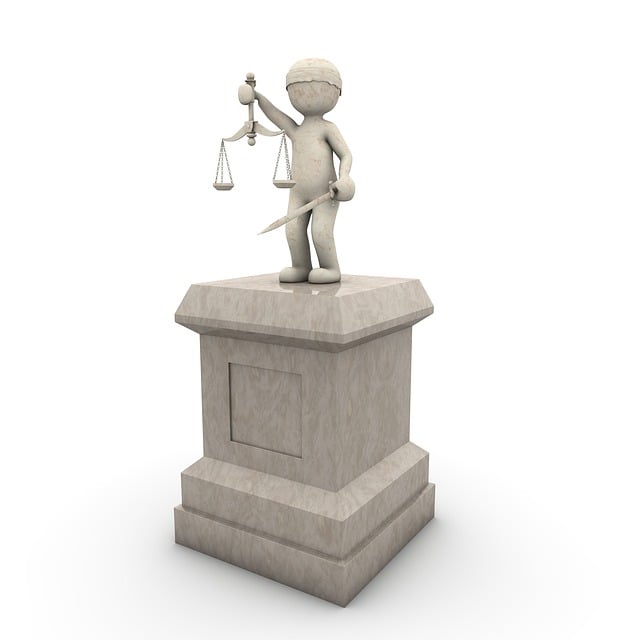
Procedural errors, while seemingly minor, can have significant implications in litigation. These mistakes, which range from incorrect evidentiary handling to procedural missteps, often occur during trials or hearings and are generally noticed post-facto. When such errors are discovered, they can lead to appeals, with the most extreme outcome being a reversal of the entire case. This is where the legal grounds for criminal appeal come into play, providing avenues for relief when rights have been violated due to these procedural lapses.
For his clients, whether they be corporate or individual, ensuring procedural correctness is paramount in general criminal defense strategies. Skilled attorneys meticulously navigate these waters to safeguard their clients’ interests. By minimizing errors and understanding the legal parameters of appeals, these professionals ensure that any adverse outcomes are subject to review, offering a second chance for justice to prevail.
Evidence Review: Key to Success

In any litigation, a thorough evidence review is paramount to achieving success on legal grounds for criminal appeal or general criminal defense. The process involves sifting through all available data and documents to identify relevant facts that can strengthen or weaken an argument. This meticulous examination is crucial in avoiding indictment or crafting a robust defense strategy.
A comprehensive evidence review ensures that the respective business of the accused is adequately represented, allowing for strategic decisions on whether to challenge certain pieces of evidence, corroborate witness testimonies, or even uncover previously undocumented facts. It’s not just about presenting evidence; it’s about presenting the right evidence that resonates with the court’s interpretation of the law, thereby enhancing the chances of a favorable outcome.
The Role of Higher Courts in Appeal Decisions
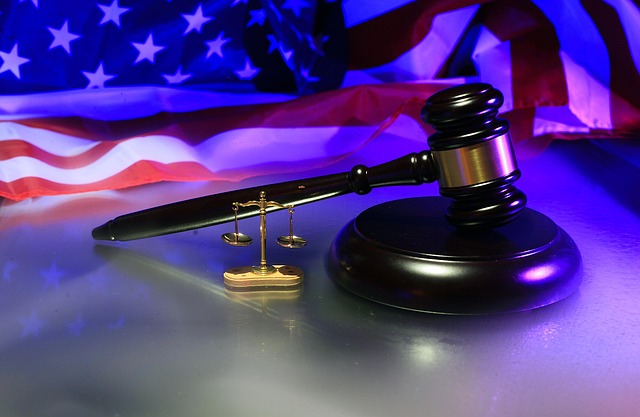
Higher courts play a pivotal role in reviewing and deciding upon appeals, ensuring that justice is served fairly and consistently across legal jurisdictions. When individuals or entities are dissatisfied with a trial court’s decision, they have the right to appeal, seeking a review of the evidence, legal arguments, and procedural aspects of their case. These higher courts act as a check on lower court rulings, upholding or overturning them based on established legal principles and precedents.
The process involves examining whether the trial court erred in its application of the law, considered all relevant facts, and adhered to proper legal procedures. Legal grounds for criminal appeal, such as errors in judgment, inadequate representation by general criminal defense attorneys, or procedural irregularities, are carefully assessed. This oversight is crucial to maintain the integrity of the judicial system, safeguard the rights of those involved, and ensure that the respective business, philanthropic, and political communities are served justly.
In navigating the complex landscape of criminal appeals, understanding both the legal basics and specific grounds for revision is paramount. Whether through procedural errors or evidence review, higher courts play a crucial role in ensuring fairness and justice. By scrutinizing these aspects, individuals can better appreciate the intricacies of the system and their potential avenues for appeal, thereby fostering a more robust and equitable legal process. When it comes to Legal Grounds for Criminal Appeal, knowledge is power, guiding folks through the labyrinthine procedures with hope and confidence.
